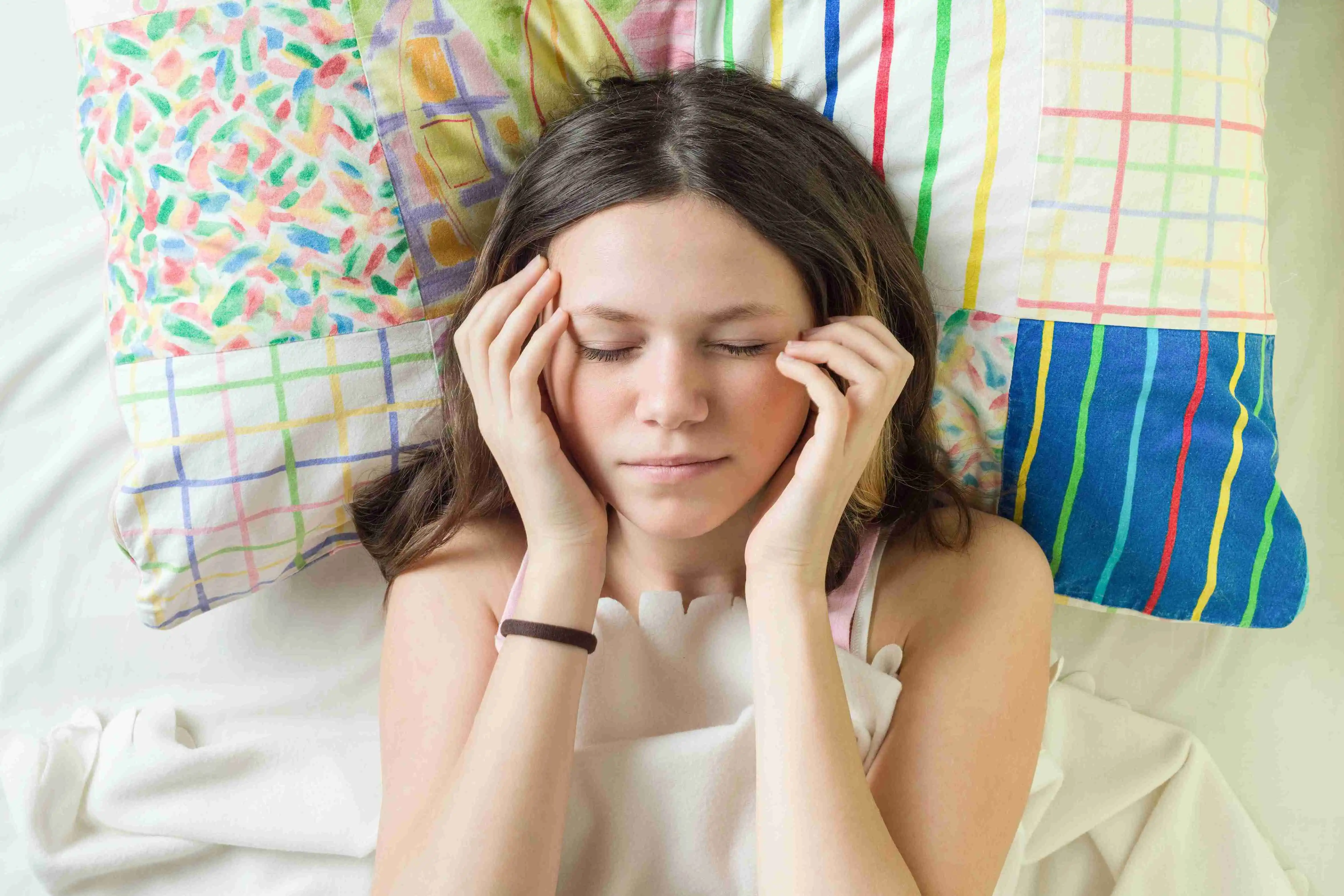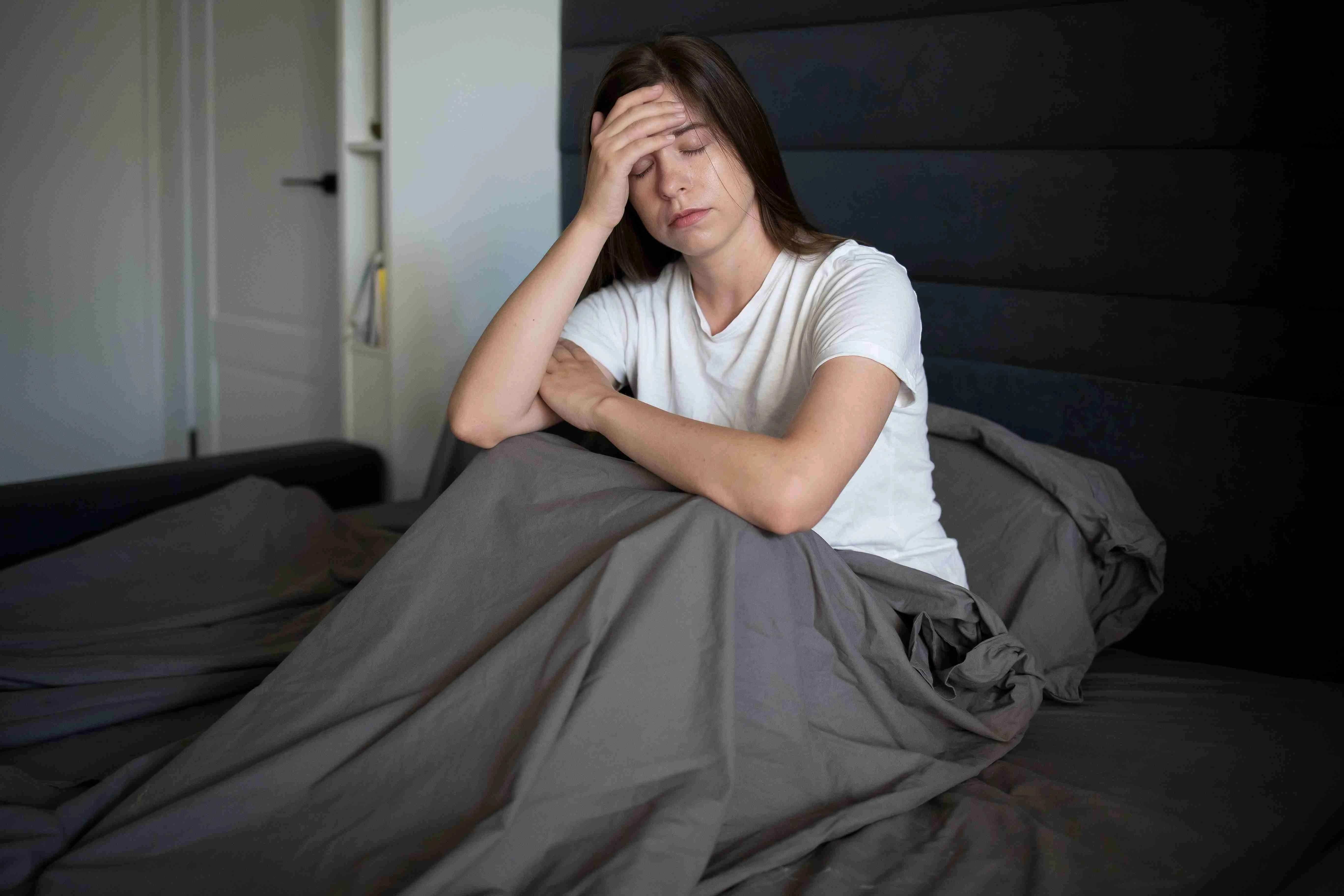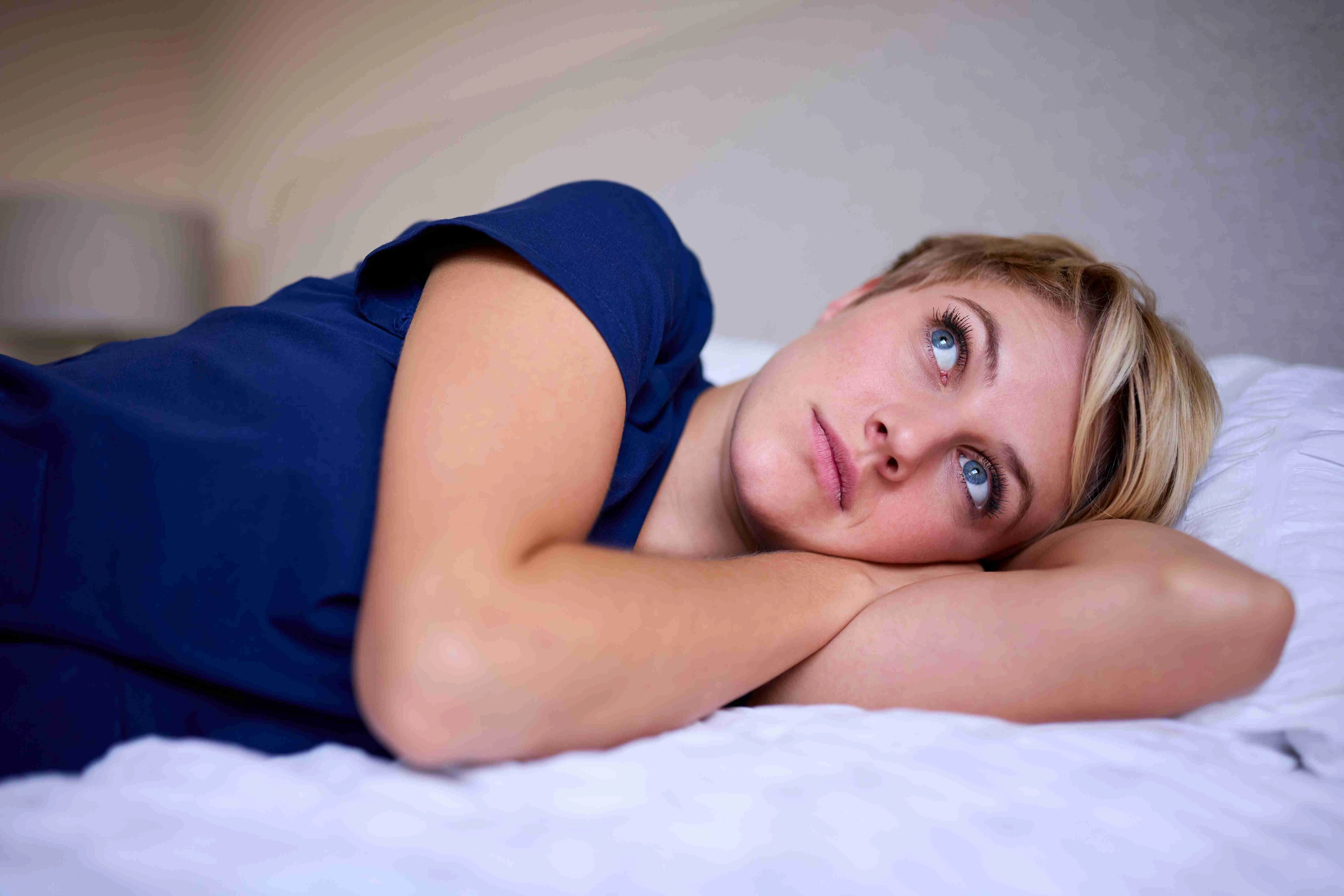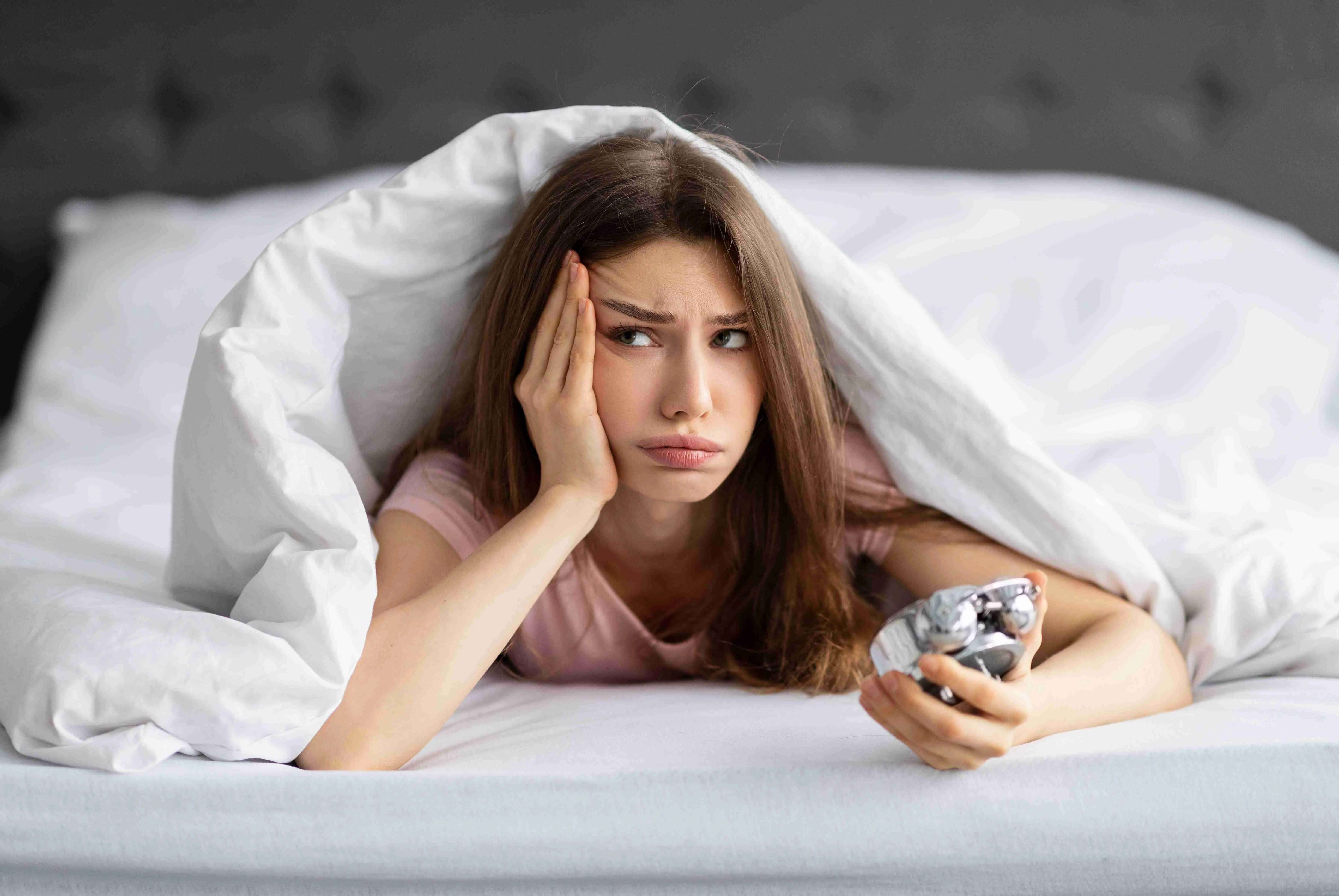Millions of people worldwide suffer from insomnia, but sleep disturbances disproportionately affect women. Various biological, hormonal, and societal factors contribute to this phenomenon, leading to unique challenges that women face throughout their lives.
From the hormonal fluctuations of menstruation and pregnancy to the pressures of balancing multiple roles, the reasons behind insomnia in women are complex and multifaceted.
This article aims to understand these underlying factors and develop effective strategies to manage sleep disorders and improve overall well-being.
What is insomnia?
Insomnia is characterized by persistent difficulties in falling asleep, staying asleep, or experiencing non-restorative sleep. It can manifest in various forms, including acute insomnia, which is short-term and often triggered by stress or life events, and chronic insomnia.
Why Insomnia Specifically Affects Women
Due to a combination of biological, hormonal, and societal factors, insomnia affects women more than men. Throughout their lives, women undergo unique physiological changes, such as menstruation, pregnancy, and menopause, which can disrupt sleep patterns and contribute to insomnia.
Additionally, societal pressures and the juggling of multiple roles can exacerbate stress levels, further compounding the issue.
Hormonal Changes Across Life Stages

Hormonal fluctuations during menstruation, pregnancy, and menopause can significantly impact sleep quality. For instance, changes in estrogen and progesterone levels can lead to difficulties falling and staying asleep, as well as increased sensitivity to stress.
Stress and Emotional Labor
Women often take on greater emotional and caregiving responsibilities, leading to increased stress and mental load. Balancing work, family, and social obligations can result in heightened anxiety, making it harder to relax and sleep well.
Higher Rates of Mental Health Conditions
Women are statistically more likely to experience conditions such as anxiety and depression, which are closely linked to sleep disturbances. These mental health issues can create a cycle where poor sleep exacerbates emotional distress, further worsening insomnia.
Common Causes of Insomnia in Women

Several factors can contribute to the development of insomnia in women, including:
Hormonal Fluctuations
Changes in hormone levels, particularly during menstrual cycles, pregnancy, and menopause, can disrupt sleep. These fluctuations can lead to variations in mood and physical comfort, further complicating the ability to achieve restful sleep.
Learn more about Postpartum Insomnia.
Physical Insomnia Symptoms and Discomfort

- Menstrual Cramps and Bloating: These can make it difficult to find a comfortable sleeping position. Discomfort from these symptoms can lead to frequent awakenings and an overall decrease in sleep quality.
- Hot Flashes and Night Sweats: Common during menopause, these symptoms can cause frequent awakenings. The sudden increase in body temperature can disrupt the natural sleep cycle, making it hard to return to sleep.
Stress and Anxiety
Elevated stress levels and anxiety can make it challenging to relax and fall asleep. This constant state of heightened alertness keeps the mind active, preventing the body from transitioning into a restful state.
Chronic Pain
Conditions like arthritis or fibromyalgia can lead to persistent discomfort that interrupts sleep. The unrelenting nature of chronic pain can create a cycle where poor sleep exacerbates pain, and pain, in turn, hinders sleep.
Depression
Women are more likely to experience depression, which often correlates with sleep disturbances. The emotional toll of depression can lead to feelings of hopelessness that further complicate the ability to achieve restorative sleep.
Thyroid Disorders
Hormonal imbalances related to thyroid conditions can impact energy levels and sleep patterns. Both hyperthyroidism and hypothyroidism can lead to symptoms like fatigue or restlessness that make it difficult to maintain a regular sleep routine.
Poor Sleep Hygiene
Irregular sleep schedules, excessive screen time, and an unhygienic sleep environment can contribute to insomnia. Establishing a consistent bedtime routine and creating a calming sleep environment are crucial for improving sleep quality.
Learn more about Sleep Hygiene.
Caffeine Consumption

High caffeine intake, especially later in the day, can interfere with the ability to fall asleep. Caffeine's stimulating effects can linger for hours, making it essential to monitor consumption to avoid sleep disruptions.
Lack of Exercise
Insufficient physical activity can lead to increased stress and difficulty sleeping. Regular exercise not only promotes physical health but also helps regulate mood and improve overall sleep quality.
Symptoms of Insomnia in Women

Insomnia can manifest in various ways, and it's crucial to recognize the signs to seek appropriate treatment. Common symptoms include:
Trouble Falling Asleep or Staying Asleep
Women may struggle to initiate sleep or find themselves waking frequently throughout the night. This can lead to a cycle of frustration and anxiety that further complicates sleep.
Waking Up Frequently During the Night
Many women experience multiple awakenings during the night, which disrupts their sleep cycles and prevents deep, restorative sleep. Each interruption can make it harder to return to sleep, leading to a fragmented night.
Feeling Unrested
Even after spending a sufficient amount of time in bed, women may wake up feeling fatigued or unrefreshed. This sensation can contribute to a sense of hopelessness about achieving better sleep.
Daytime Fatigue
Persistent insomnia often leads to significant daytime tiredness, making it difficult to maintain energy levels and focus throughout daily activities. This fatigue can impact work performance and overall quality of life.
Difficulty Concentrating
Women suffering from insomnia may find it challenging to concentrate or remember details, which can affect both personal and professional responsibilities. This cognitive impairment can be frustrating and may further increase sleep anxiety.
Night Sweats and Temperature Sensitivity
Many women experience night sweats, particularly during menopause, which can lead to discomfort and frequent awakenings. Sensitivity to temperature changes can also affect sleep quality, making it hard to settle into a comfortable rest.
Anxiety or Worry About Sleep
The stress and anxiety surrounding the inability to sleep can create a vicious cycle, where the worry about not getting enough rest exacerbates the problem. This heightened anxiety can make it even more challenging to relax and fall asleep.
Insomnia Risk Factors Unique to Women

Reproductive Life Stages
Women experience various reproductive life stages, such as menstruation, pregnancy, and menopause, each of which can introduce hormonal changes that affect sleep patterns. These fluctuations can lead to sleep disturbances at different points in life.
Mental Health Conditions
Women are more likely to suffer from mental health issues like anxiety and depression, which can significantly impact sleep quality. The interplay between these conditions and insomnia can create a cycle that is difficult to break without intervention.
Social and Environmental Factors
Women often juggle multiple roles and responsibilities, leading to increased stress and pressure. Social expectations and caregiving duties can contribute to mental and emotional strain, which in turn can negatively affect sleep quality.
How to Manage Insomnia in Women

Addressing insomnia requires a multifaceted approach that considers the unique needs and circumstances of each individual. Here are some effective solutions and treatments to explore:
Cognitive Behavioral Therapy for Insomnia (CBT-I)
CBT-I is a structured, evidence-based therapy that addresses the thoughts, behaviors, and habits contributing to insomnia. It involves identifying and changing negative sleep patterns, developing healthy sleep routines, and managing stress and anxiety through cognitive restructuring techniques.
Natural Remedies and Lifestyle Changes

Incorporating lifestyle modifications can significantly improve sleep quality. These may include:
- Establishing a Consistent Sleep Schedule: Going to bed and waking up at the same time each day can help regulate the body's internal clock and improve overall sleep patterns.
- Creating a Sleep-Conducive Environment: Ensuring a dark, quiet, and comfortable sleep space can minimize distractions and promote better rest.
- Practicing Relaxation Techniques: Activities such as meditation, deep breathing exercises, or gentle yoga can help calm the mind and prepare the body for sleep.
- Engaging in Regular Physical Activity: Regular exercise has been shown to enhance sleep quality, though it's best to avoid vigorous activity close to bedtime.
- Limiting Caffeine, Alcohol, and Nicotine Consumption: Reducing intake of these stimulants, especially in the hours leading up to sleep, can help improve the ability to fall asleep and stay asleep.
- Balanced Diet: A healthy diet can influence sleep; avoiding heavy meals close to bedtime may help prevent discomfort that interferes with sleep.
Medical Treatments and Medications

In some cases, medical interventions may be necessary to address underlying health conditions or provide temporary relief from insomnia. Your healthcare provider may recommend:
- Prescription Sleep Medications: Sleep medications can be effective for the short-term management of severe insomnia but should be used with caution due to potential side effects and dependency risks.
- Hormone Replacement Therapy: For women experiencing menopause-related sleep disturbances, hormone therapy may help alleviate symptoms that disrupt sleep.
- Treatment for Underlying Medical Conditions: Addressing issues such as thyroid disorders or chronic pain can lead to significant improvements in sleep quality. Working closely with a healthcare provider to manage these conditions is crucial.
FAQs
Is insomnia more common in women than men?
Yes, it is proven that women are more likely to experience insomnia than men, potentially due to hormonal fluctuations, societal pressures, and other gender-specific factors.
Can insomnia be cured?
While insomnia itself may not have a permanent "cure," it can be effectively managed and treated through a combination of lifestyle changes, cognitive-behavioral therapy, and, in some cases, medical interventions.
How long can insomnia last?
Insomnia can be acute (lasting for a short period, usually less than three months) or chronic (persisting for three months or longer). Chronic insomnia requires more comprehensive treatment approaches.
Can insomnia lead to other health problems?
Yes, chronic insomnia has been linked to an increased risk of various physical and mental health issues, including obesity, diabetes, cardiovascular disease, depression, and anxiety.
Is it safe to take sleep medications long-term?
Most sleep medications are intended for short-term use and should be taken under the guidance of a healthcare professional. Long-term use of sleep medications can lead to dependence, tolerance, and potential side effects.
Conclusion
Addressing insomnia in women requires a comprehensive approach that considers both the physical and emotional aspects of sleep.
By recognizing the unique factors that contribute to sleep disturbances, women can take proactive steps toward better sleep hygiene, explore therapeutic options, and seek medical advice when necessary.
Jessica H.
Jessica is a reviewer, writer, and sleep enthusiast at Sleepiverse. Jessica graduated with her master's degree in Nursing research and education. She is a registered nurse and currently works in the Intensive Care Unit. Since becoming a nurse, Jessica has worked the night shift, which means a disrupted sleep schedule. Knowing she needed to function at her best while caring for patients at night, she spent a lot of time researching how to sleep well with a difficult schedule.


